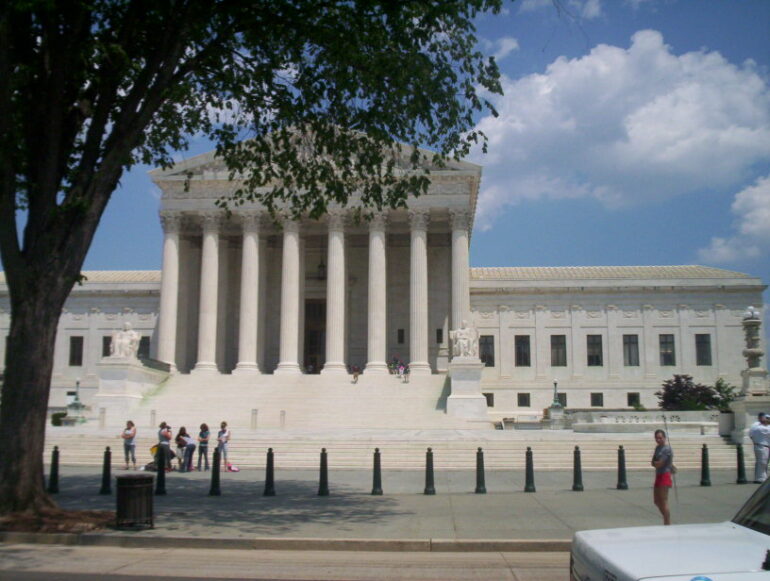In a significant religious liberty case, the U.S. Supreme Court has now reportedly unanimously decided in favor of a postal worker from Pennsylvania in a debate over how far companies can go to accommodate religious requests in the workplace.
Christian mailman Gerald Groff of Pennsylvania requested the court to rule on whether the U.S. Postal Service may make him deliver parcels from Amazon on Sundays, which he observes as the Sabbath.
His lawyer, Aaron Streett, argued in April that the court need to review a decision from 50 years ago that set a standard for figuring out when companies have to make allowances for their workers’ religious practices.
The latest ruling tightens the “undue hardship” requirement, which would make it simpler for some particular employees to get a workplace religious accommodation.
Employers are obligated by Title VII of the Civil Rights Act of 1964 to respect the religious beliefs of their workers unless doing so would cause “undue hardship” for the company.
Trans World Airlines v. Hardison, a 1977 Supreme Court case, held that businesses might refuse to provide accommodations for workers’ religious beliefs if they imposed “more than a de minimis cost” on the company.
Groff was a temporary postal carrier who covered for absent regular mail couriers at the USPS.
In 2013, USPS and Amazon entered into a deal for package delivery, and employees were compelled to work Sunday hours for deliveries over the weekend.
He first succeeded in negotiating a transfer to another branch that didn’t make deliveries on Sundays with his superiors.
When Sunday deliveries were introduced at that branch as well, Groff was allowed to skip shifts if he could find a replacement.
However, Groff regularly found himself unable to do so and missed more than twenty of his scheduled Sunday hours.
[READ MORE: GSK Facing Thousands Of Lawsuits Over Popular Heartburn Drug Cancer Concerns]



